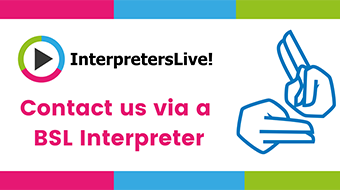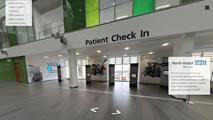Delivering Same-Sex Accommodation
Declaration of compliance
Every patient has the right to receive high quality care that is safe, effective and respects their privacy and dignity.
North Bristol NHS Trust is committed to providing every patient with same sex accommodation. This helps to safeguard their privacy and dignity when they are often at their most vulnerable.
North Bristol NHS Trust is pleased to confirm that it has completed and maintained its plans to eliminate mixed sex accommodation where it is in the overall best interests of the patient, or reflects their personal choice’.
Our aim is to have the necessary facilities, resources and culture to ensure that admitted patients will only share the room where they sleep with members of the same sex, and same-sex toilets and bathrooms will be close to their bed area. With the opening of the new state-of-the art Brunel hospital facility, at Southmead Hospital Bristol, this means over 600 of the 1,000 beds at the Trust are single rooms with their own en-suite bathroom.
Sharing with members of the opposite sex will only happen when clinically necessary, for example the Intensive Care Unit.
What this mean for patients
Patients admitted to North Bristol NHS Trust can expect to find:
- The room where your bed is will only have patients of the same sex as you
- Your toilet and bathroom will be just for your gender, and will be close to your bed area.
It is possible that there will be both men and women patients on the ward, but they will not share your sleeping area.
You may share some communal space, such as day rooms or dining rooms, and it is very likely that you will see both men and women patients as you move around the hospital (e.g. on your way to X-ray or the operating theatre).
Visitors of the opposite gender will come into the ward, and potentially where your bed is, and this may include patients visiting each other. It is almost certain that both male and female nurses, doctors and other staff will come into your bed area.
If you need help to use the toilet or take a bath (e.g. you need a hoist or special bath) then you may be taken to a "unisex" bathroom used by both men and women, but a member of staff will be with you, and other patients will not be in the bathroom at the same time.
We are also committed to ensuring all patients are treated as individuals and that all patients' privacy and dignity are maintained.
The NHS will not turn patients away just because a "right-sex" bed is not immediately available.



